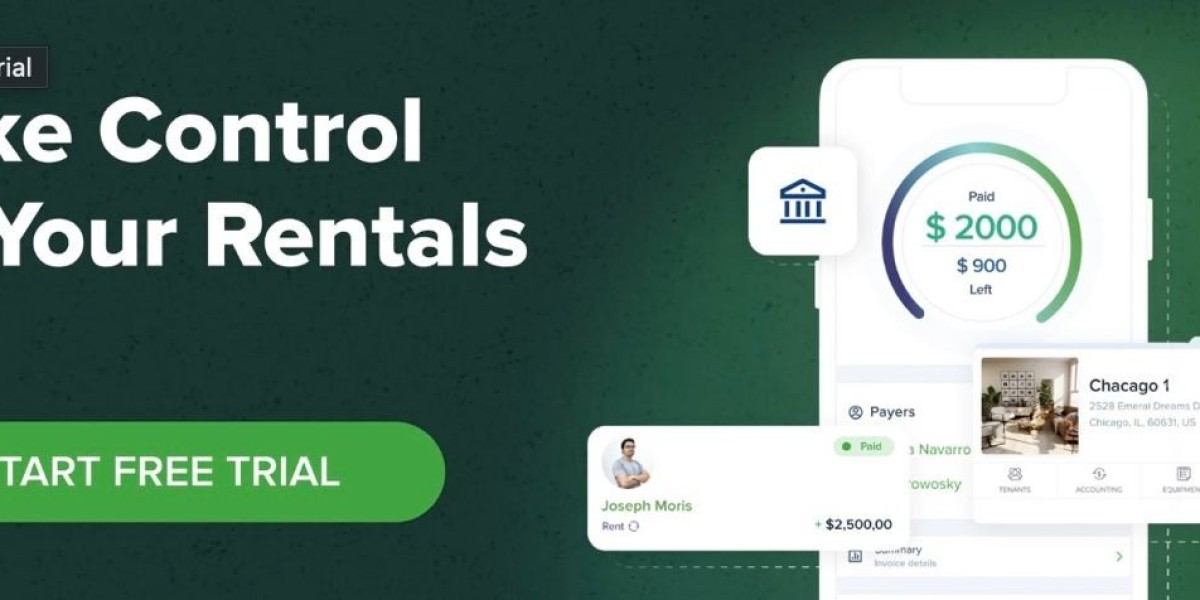Managing rental properties today isn’t what it used to be. Between tracking payments, handling repair requests, screening applicants, and organizing taxes, the job has shifted far beyond collecting checks and making the occasional phone call. The good news is that there’s plenty of property management software out there promising to take some of that load off your plate. The harder part? Figuring out which platform actually helps — and which just looks good on paper.
Whether you’re overseeing a handful of units or growing a small portfolio, the tools you choose can either save you hours every week or leave you cleaning up after half-done automation. So before you dive into a subscription or commit to a new platform, it’s worth taking a step back and focusing on what really matters.
Start With What You Actually Do Every Week
It sounds simple, but most landlords skip this: think about what your weekly workflow looks like. Are you collecting rent manually? Logging maintenance issues through texts or emails? Chasing down documents for tax prep?
The right tool should take those daily or weekly pain points and make them easier. Not just more “techy,” but actually faster and more organized. For example, if tenant communication is a constant source of friction, look for platforms that offer a messaging portal or maintenance request system. If financial tracking is your weak spot, a tool with solid reporting and tax prep features will save you far more time than flashy UI or “AI integrations.”
This kind of match-up is what separates good software from expensive clutter.
Automation Can Help — But Only If It Fits Your Style
Some landlords want to be hands-on. Others prefer a set-it-and-forget-it setup. There’s no right answer, but your choice of software should match your approach.
Platforms like RentRedi focus on automation in areas like rent collection and tenant screening. You can set up auto-pay, credit and background checks, even reminders — all without picking up the phone. Stessa, on the other hand, leans more into passive tracking. It won’t do everything for you, but it gives you financial visibility and reporting in a clear format.
So think honestly about how much control you want day to day. Do you want notifications and manual approval for each action, or do you want tasks handled in the background until something needs your attention?
Automation is only helpful if it saves you time without sacrificing your oversight.
Mobile Access Isn’t Optional Anymore
Let’s face it — if you manage more than one property, you're probably working from your phone at least part of the time.
That’s why mobile functionality matters more than it used to. And not just whether an app exists, but whether it’s usable. Can you send a lease, reply to a repair request, or check a payment from your phone without frustration? Or do you end up switching back to your laptop because the mobile version is limited or clunky?
Landlords often overlook this until it becomes a problem. But in real life, where you’re juggling multiple tasks, being able to handle things quickly from your pocket can save you from long delays — or worse, missed responsibilities.
When testing software, always try the mobile version early. If it’s a pain to use, that’s a red flag.
Focus on the Features That Matter to You
Here’s where a lot of software comparisons fall short: they try to pick a “winner” instead of helping landlords figure out which features actually matter to their setup.
For instance, if you only own a couple of single-family homes, you might not need the same tools that someone managing a dozen multifamily buildings relies on. You might value simplicity over deep customization — or the reverse.
To get a clearer picture, it’s worth looking at examples. Take a look at this detailed guide comparing RentRedi and Stessa. It breaks down the tools each offers and what type of landlord they serve best. It's not about one being “better” — it’s about fit.
Reading reviews can help too, but remember: what frustrates one landlord might be a non-issue for another.
The Price Only Matters If the Tool Delivers
Subscription fees, monthly pricing, “free forever” promises — there’s no shortage of price tags to compare. But focusing too much on cost before checking usability can lead to wasted time.
Yes, budget matters. But the cheaper option isn’t really cheaper if it forces you to spend hours doing tasks manually. Similarly, an expensive platform can still be a smart move if it cuts your admin time in half.
Think of software as part of your operating cost, like insurance or bookkeeping. If it adds value by freeing up time or reducing errors, it’s worth considering. But don’t fall into the trap of choosing based on bells and whistles you won’t actually use.
Final Thought: Choose Based on Fit, Not Hype
At the end of the day, the best landlord tool is the one that fits your process, not just what’s trending. It should make your job easier, not add more clicks or confusion.
Spend time with free trials. Use the mobile app. Ask yourself if you’ll actually use the features — not just admire them.
Good property management software should fade into the background once it’s set up — quietly handling the busywork so you can focus on growing and maintaining your business.
That’s not just about choosing “the best platform.” It’s about choosing the right one for the way you work.






